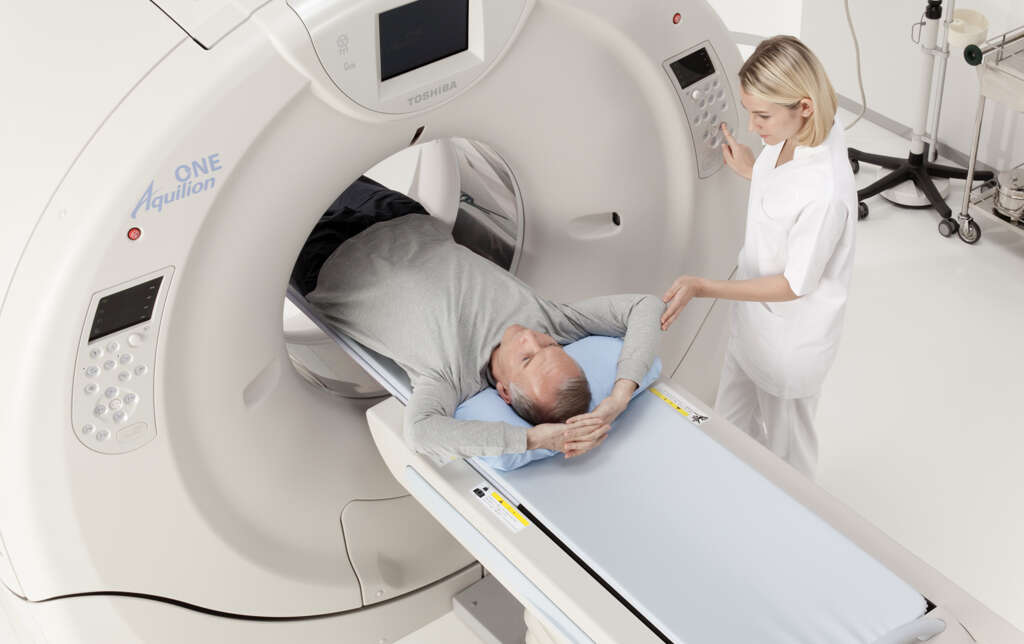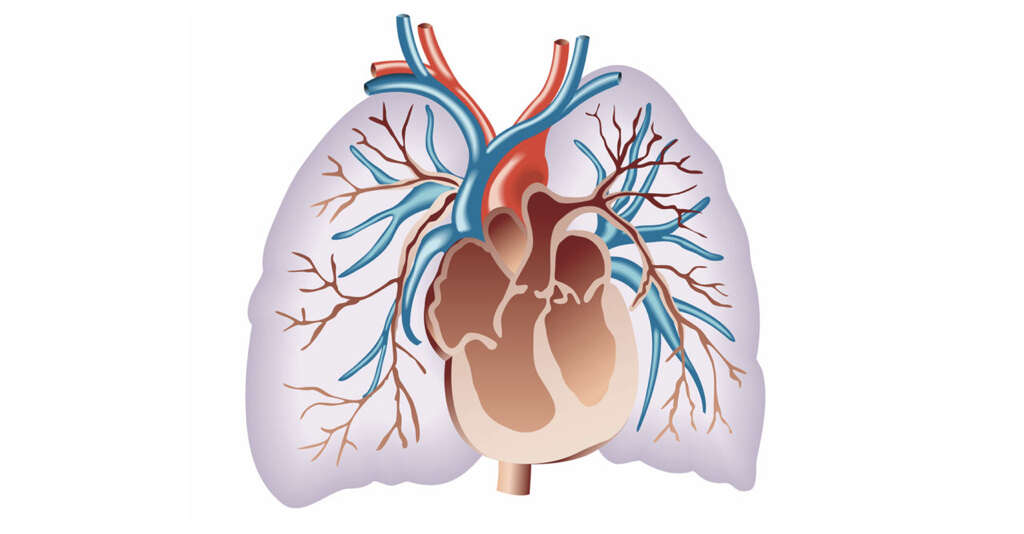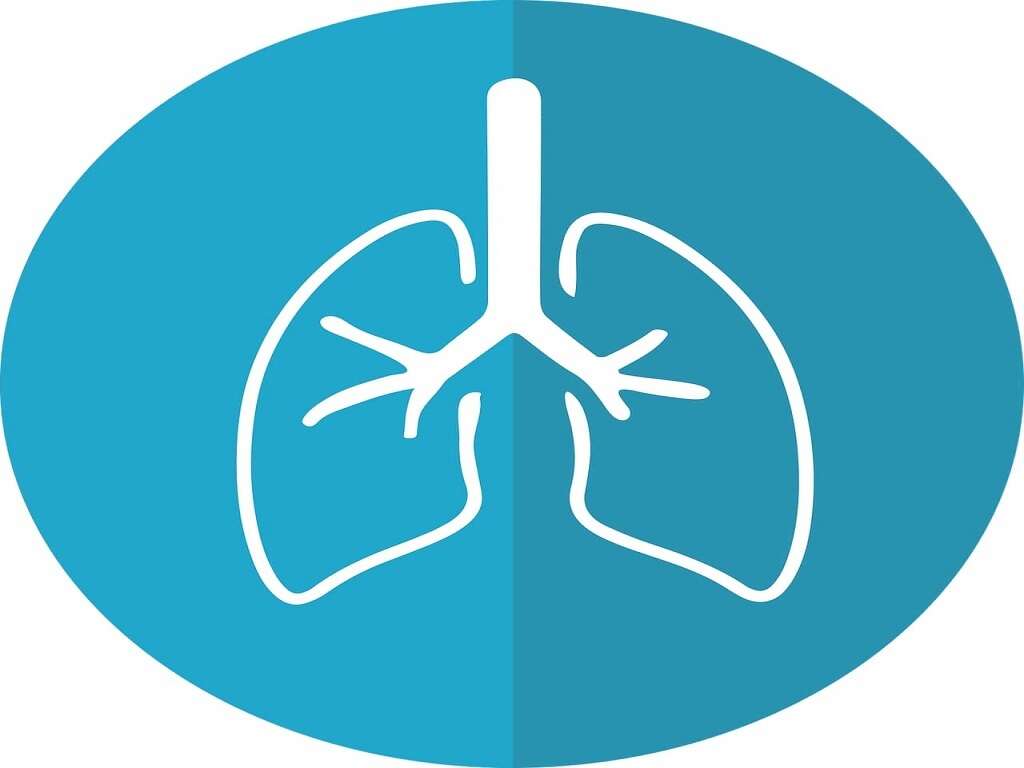What Is Hypersensitivity Pneumonitis?
When we inhale air, the oxygen in the air is absorbed by the blood in the lungs. This is achieved with help from delicate tissues that allow oxygen molecules to pass through. Small sacs known as alveoli line the lungs’ inner lining, and these sacs help to increase the lungs’ surface area, thus increasing absorption.
If the lining of the lungs was to become inflamed for any reason, then the lungs will become less efficient at absorbing oxygen. This can be caused by a number of things, such as infections, injury, and allergic reactions. Hypersensitivity pneumonitis is an example caused by an allergic reaction, and it can be serious in some cases.

1. Allergies
Particles that can cause allergies are all around us. Many of us are fortunate to have no allergies, meaning the presence of such particles won’t affect us. For others, there is always the risk of coming into contact with something that can be irritating to them, or even dangerous in some cases.
Some people are allergic to certain particles in dust, which can cause problems for them in different ways. These particles can sometimes be inhaled into the lungs in quantities so small that they don’t bother most people. For people that have an allergy to them, however, these particles can cause considerable discomfort.

2. Hypersensitivity Pneumonitis
Allergies to particles that are inhaled are not that uncommon and, while the condition can be uncomfortable, it is usually short lived. Symptoms are caused by inflammation of the lung tissues, and this inflammation will pass in time. This is not always the case in people with hypersensitivity pneumonitis, however.
People with the condition will find that the inflammation of the lungs continues even after the allergen has been removed. This means that their symptoms will persist, and this can make life a lot harder for them. It can even turn into a serious long term condition for some people.

3. Allergens
There are more than 300 particles that can cause hypersensitivity pneumonitis that we know of. They can be at work, they can be outside, and they can even be in your home. You might also be breathing in certain particles for years before you develop an allergy to them.
The particles that can cause the reaction can come from a wide range of sources. In some cases, they can come from the fur of animals. For other people, it is feathers, and bird droppings that can be a problem. Mold on hay and grain can sometimes be a problem, as can fungi in air conditioning, and heating systems. Bacteria in water vapor are a problem for some people also.

4. Acute Hypersensitivity Pneumonitis
There are three different types of hypersensitivity pneumonitis, one of which is the acute condition. The symptoms can be very uncomfortable and it can feel like the flu for a lot of people. Acute hypersensitivity pneumonitis will be short-lived, with the symptoms lasting from half a day, to several days in some cases.
The symptoms of acute hypersensitivity pneumonitis will typically include being short of breath and a tight feeling in the chest. The patient will also often develop a cough as well as a fever and chills. Fatigue will also set in, as will excessive sweating in some cases.

5. Subacute Hypersensitivity Pneumonitis
Another type is subacute hypersensitivity pneumonitis. It is not a condition that will develop suddenly as the acute version does. Rather, it happens when the patient has been exposed to low levels of the allergen over a long period of time. It may be some time before the patient starts to show any symptoms.
When symptoms do begin to show, it will start with a fever in a lot of cases. Shortly afterwards, other symptoms can arise, including a cough, breathlessness, and fatigue. These symptoms will usually start off very mild and can get increasingly worse as time goes by.

6. Chronic Hypersensitivity Pneumonitis
Chronic hypersensitivity pneumonitis will also develop very slowly after exposure to low levels of the allergen. It can be a long time before symptoms develop and, when they do, they can include fatigue, coughing, and breathlessness. Some patients will also start to lose weight as the condition develops, and all symptoms will gradually worsen over time.
Perhaps the main problem associated with this type of hypersensitivity pneumonitis is that it can cause permanent damage to the lung’s tissues. The constant inflammation of the lungs can cause damage which can, in turn, cause the tissues to become scarred. This can leave the patient with permanent breathing difficulties.

7. Risk Factors
Whether or not a person develops hypersensitivity pneumonitis depends largely on genetics. However, there are some other factors that will make a person more likely to develop the condition. These factors revolve around being exposed to the particle that can result in hypersensitivity pneumonitis.
Those most likely to be exposed to the offending particles includes people that work with animals. This mainly means farmers and people that work in zoos, etc. People that work around grains and flour are also at a higher risk, as are people that work in lumber mills and work with wood products. People that have certain pets are also at a higher risk. Using air-conditioning/heating units can also be a problem, as can being around water vapor.

8. Diagnosis
Depending on which symptoms the patient is showing, hypersensitivity pneumonitis might be overlooked for something else. It can be a serious condition, however, so it is wise to get symptoms checked out to be on the safe side. There are a few methods a doctor will use to reach a diagnosis.
Diagnosis of the condition will often include being asked about the environment you live and work in. The doctor may also listen to your lungs for abnormal sounds, and a CT scan and/or x-rays may also be used. If deemed necessary, a biopsy of the lung tissues may be taken so it can be studied in closer details.

9. Complications
In addition to the symptoms already mentioned, hypersensitivity pneumonitis can cause some complications for the patient. This includes long term, irreversible damage that can leave the patient permanently suffering from their condition. One such complication is pulmonary hypertension.
Pulmonary hypertension is a condition that causes a dangerously high blood pressure inside the lung’s arteries. The constant inflammation of the lung’s tissues can also lead to excessive scarring in a condition known as pulmonary fibrosis. This condition makes it very difficult for the patient to breathe. Neither of these conditions can be cured and the symptoms must be managed to help keep the patient safe and well.

10. Treatment
Perhaps the most effective treatment for hypersensitivity pneumonitis is to avoid exposure to the particles that are causing the problem. This can be very difficult depending on what the patient is allergic to, however. Medication is also often used to help patients with the condition.
Some people feel that drugs that help suppress the immune system can help, but this can lead to other complications. Some people are given steroid injections to help reduce inflammation, but this also comes with unwelcome side effects. Oxygen can help the patient to breathe better, while a lung transplant may be necessary in severe cases.












